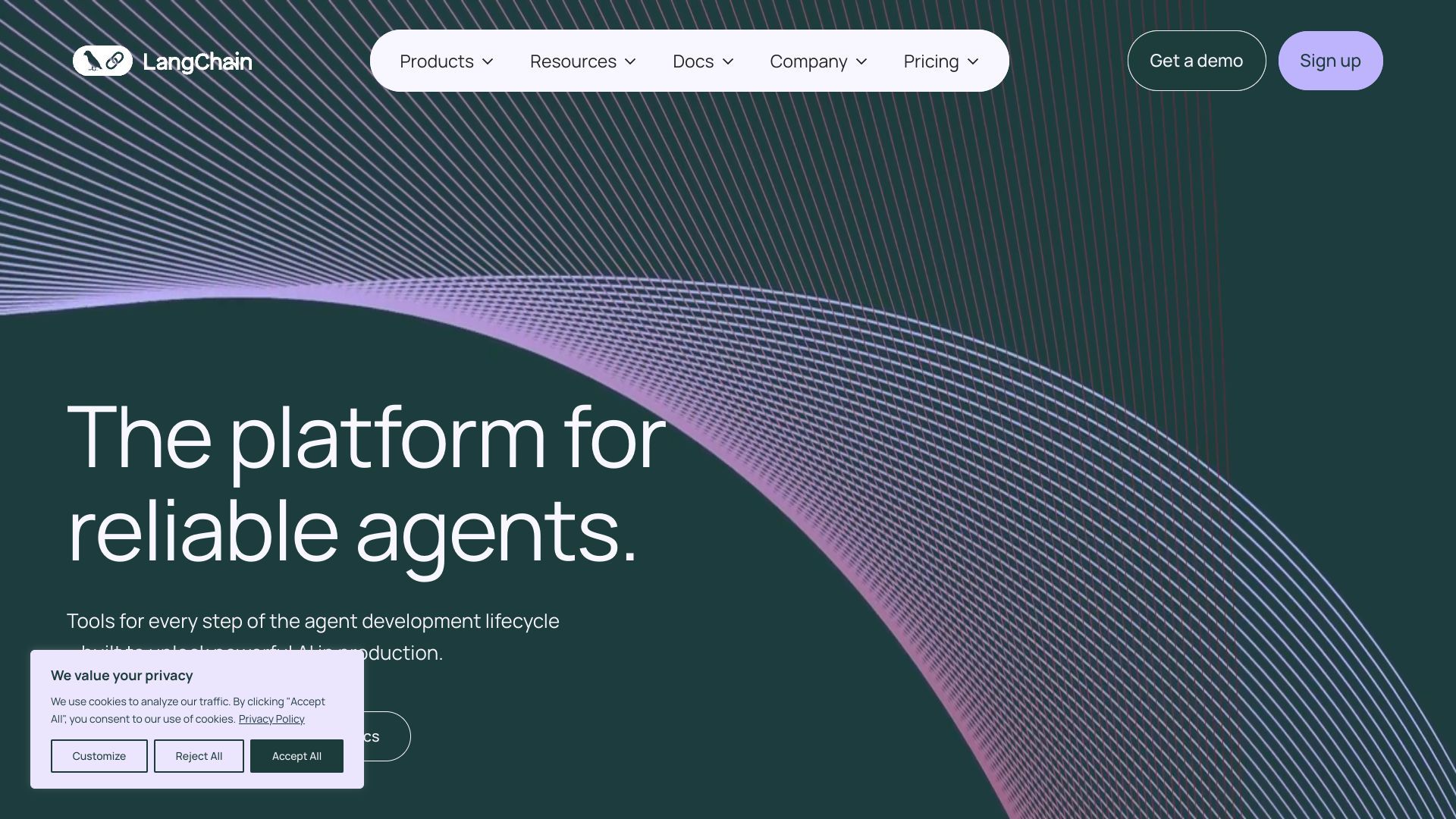LangChain
2024, Sep 29.
explains and
explains
and
LangChain and LangGraph are two related frameworks designed to simplify the development of applications using large language models (LLMs).
LangChain
- A modular architecture for composing LLM-based workflows
- Tools for integrating external data sources and APIs
- Memory components for maintaining context in conversations
- Prompt templates for consistent interactions with LLMs
LangChain excels at creating linear task pipelines and prototyping AI applications quickly8.
LangGraph
LangGraph extends LangChain's capabilities by introducing a graph-based approach to workflow orchestration710. Key features include:
- Support for cyclical and complex workflows
- Explicit state management
- Visualization of task dependencies
- Seamless integration with LangChain components
LangGraph is particularly useful for building stateful, multi-agent systems and handling intricate decision paths9.
Relationship
LangGraph is part of the LangChain ecosystem, designed to complement and extend LangChain's functionality10. While LangChain focuses on linear workflows, LangGraph enables more complex, graph-based orchestration of LLM tasks8.
Competitors and Alternatives
Several alternatives to LangChain and LangGraph exist:
- AgentGPT: A web-based platform for creating AI agents6
- LlamaIndex: Focused on data indexing and retrieval for LLMs6
Why Choose LangChain and LangGraph
Developers might choose LangChain and LangGraph over alternatives for several reasons:
- Scalability: LangGraph's graph-based approach enables the creation of complex, scalable workflows suitable for enterprise-level applications7.
- State Management: LangGraph offers robust state management, crucial for building stateful AI applications with long-term memory10.
- Integration: The seamless integration between LangChain and LangGraph provides a comprehensive toolkit for diverse AI development needs10.
- Community and Ecosystem: LangChain has a large, active community and a rich ecosystem of integrations and tools8.
- Streaming Support: Both frameworks offer first-class streaming support, enabling better user experience design in AI applications10.
- Human-AI Collaboration: LangGraph is designed to facilitate human-agent collaboration, making it suitable for applications requiring human oversight10.
In conclusion, while there are several alternatives available, LangChain and LangGraph offer a powerful, flexible, and well-integrated solution for developers looking to build sophisticated AI applications with LLMs.
